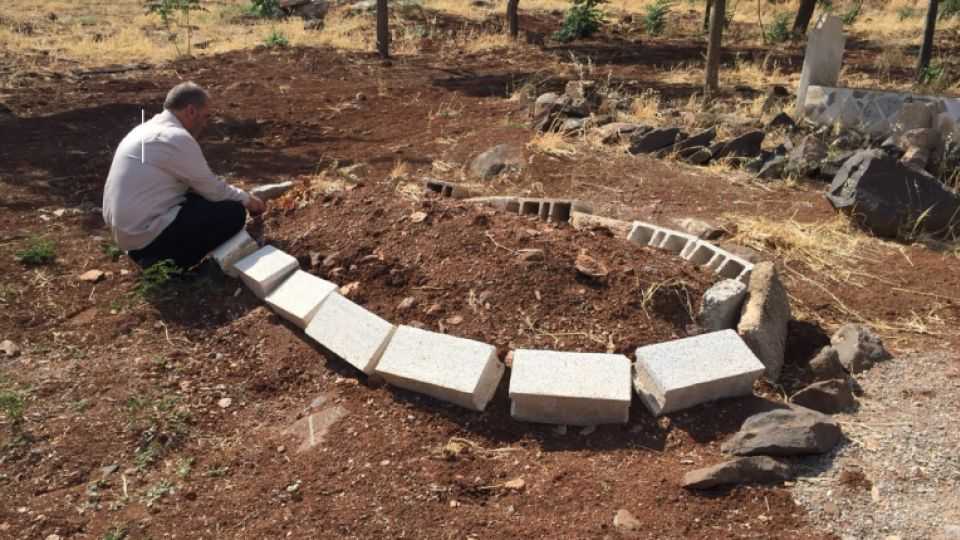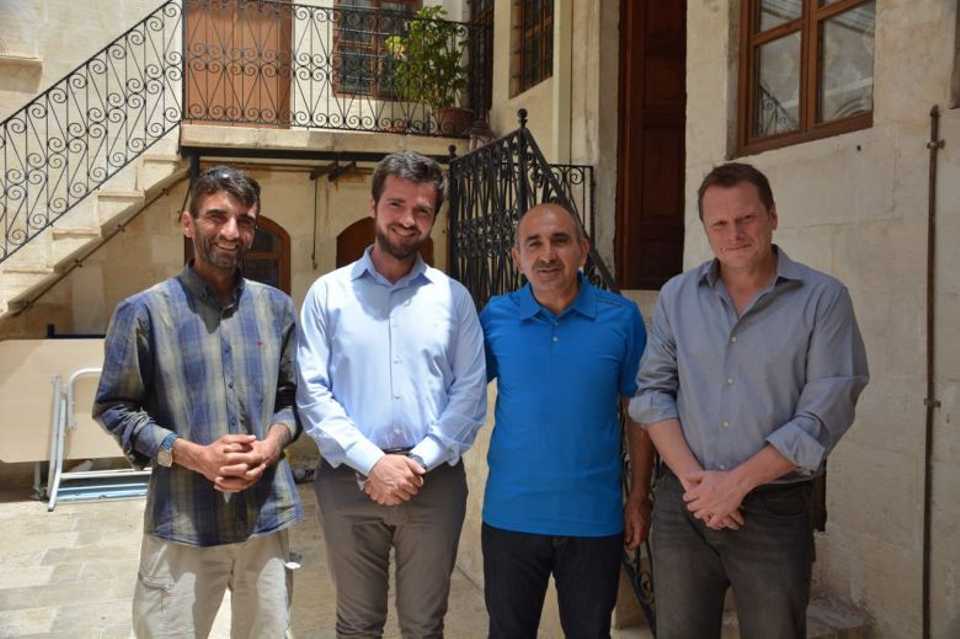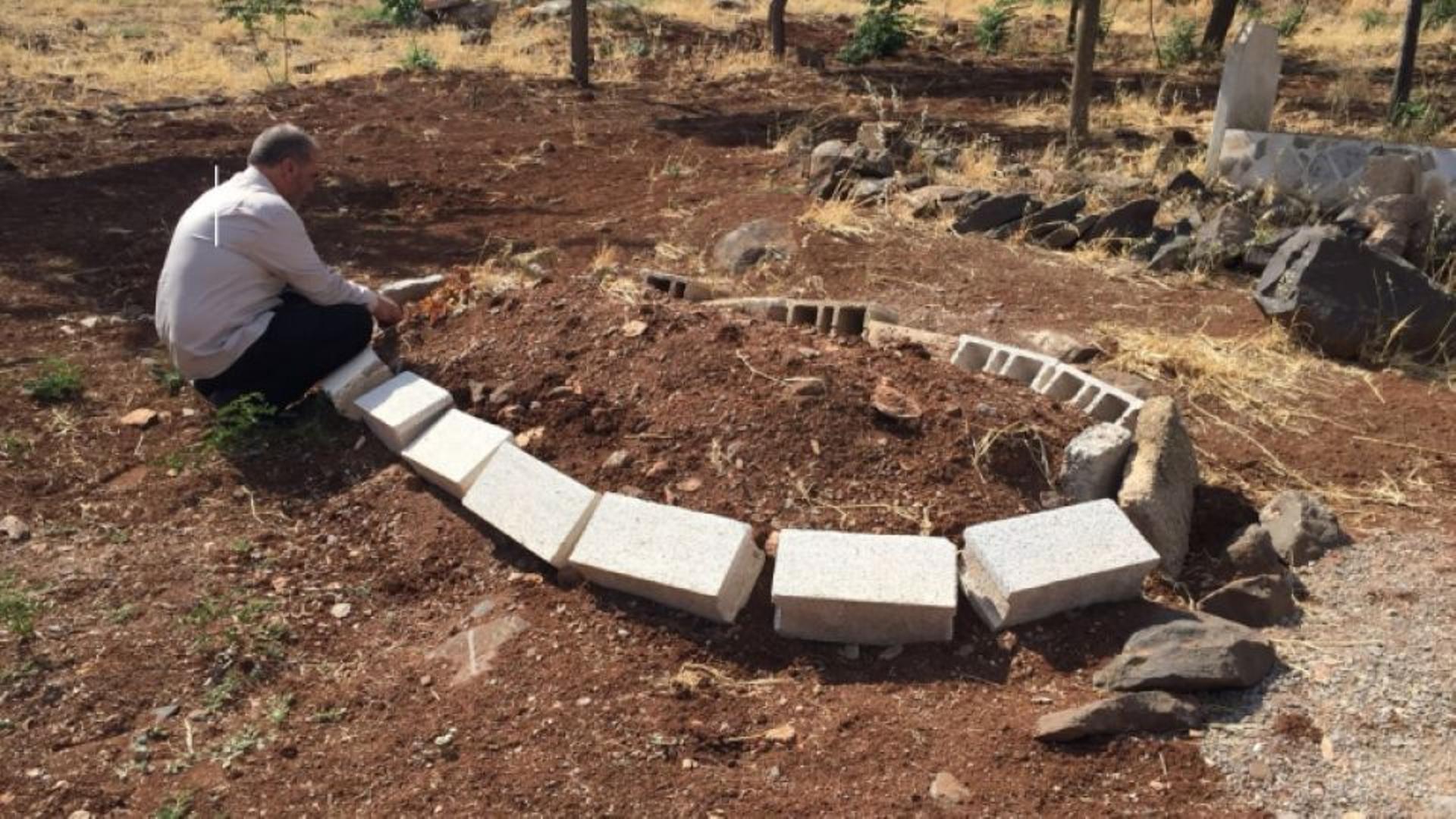
It’s not difficult to find people like Ibrahim Isa in Kilis – Turkish or Syrian.
He’s suffered more than many others because of the death of his son Mohammed. But most people here, not only him, tell of their fears over the city’s future.
There are tales of how parents are keeping their children from school, and how people are too frightened to go outdoors for long periods.
The missiles fired into the city from inside Syria by the DAESH terrorist group don’t always cause widespread damage. Sometimes they don’t hit anything at all.
It’s just that they’re so unpredictable. You never know when or where they will land.
And if you happen to be in the wrong place at the wrong time, then you could be in trouble.
That’s what happened to Mohammed. He was playing football in a group of about 15 people and was the only one to be seriously injured by the resulting shrapnel. He died a few days later in hospital.
It was another blow for Ibrahim. He’d been in lawyer when he lived in Aleppo in Syria, living a relatively comfortable life.
But he then left, fearing for the safety of his family. He first moved to a village very close to the border with Turkey.
From there he made the crossing to Kilis four years ago – and since then he and his family, including eight children, have struggled.
Like many Syrian refugees in Kilis, he’ll tell you that the locals have generally been kind and welcoming towards him.
This kind of integration has resulted in the city being nominated for the Nobel Peace Prize.
But finding work is another problem entirely. Only one of his children has managed to find a full time job.

Despite being an educated man, Ibrahim cannot practice law in Turkey – because he’s only qualified to work in Syria.
As a victim of DAESH, he’s hoping the Turkish government will be able to help him financially – just like it’s helping the victims of the PKK terror group.
But as the Mayor of Kilis, Hasan Kara, explained to us – that’s a decision that has to be taken in the corridors of power in Ankara.
And its not an easy one to take either. One issue the mayor mentioned was deciding who is eligible for assistance.
Should Syrians injured in the war in Syria be included?
Unfortunately for Ibrahim, it doesn’t seem like a problem that’s likely to be resolved in the near future.
Author: Andrew Hopkins










Discussion about this post